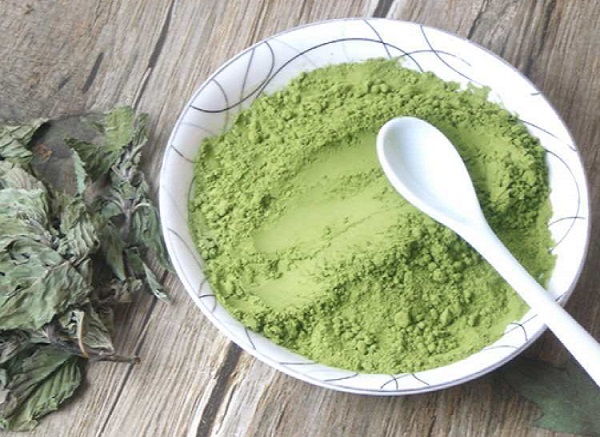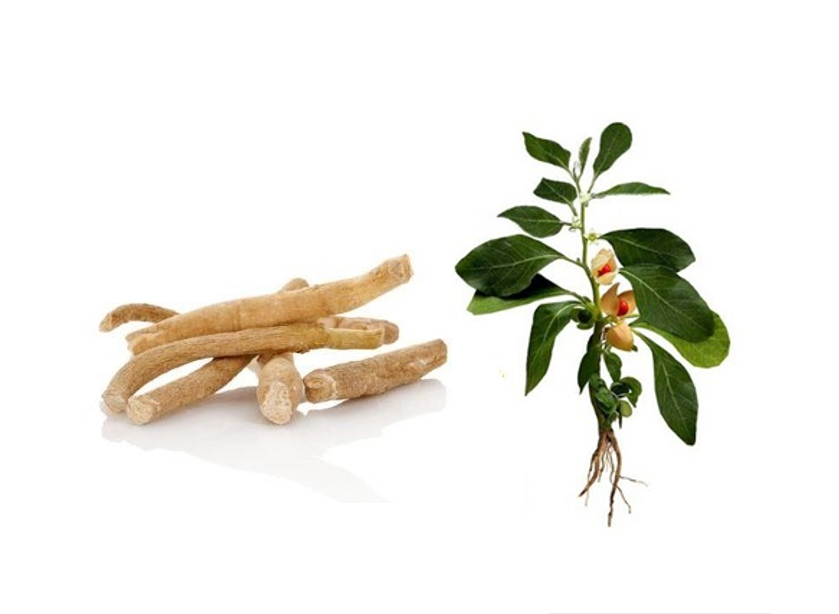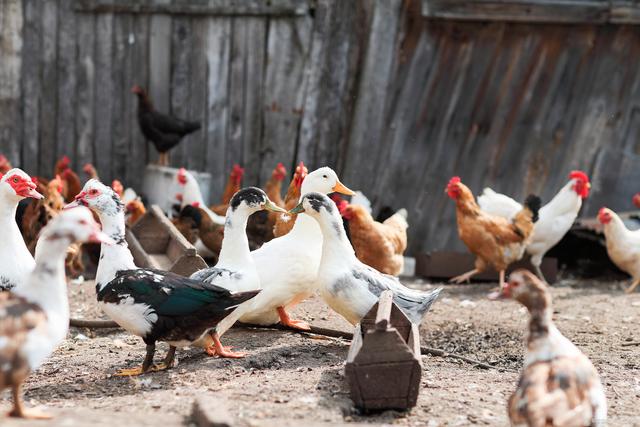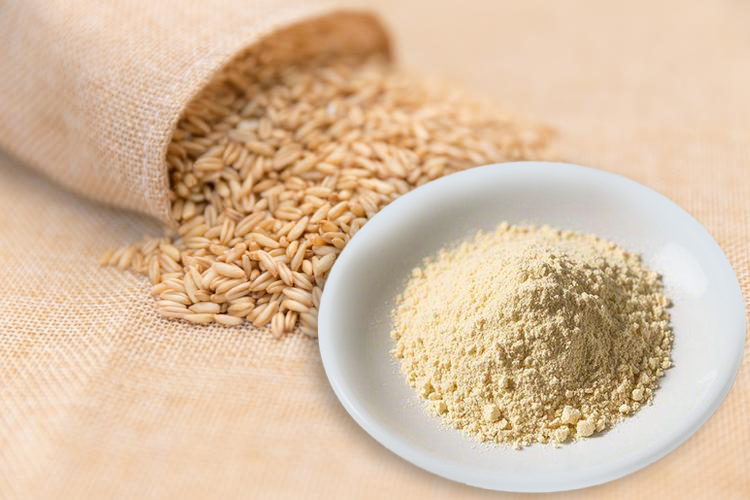Follow Us:
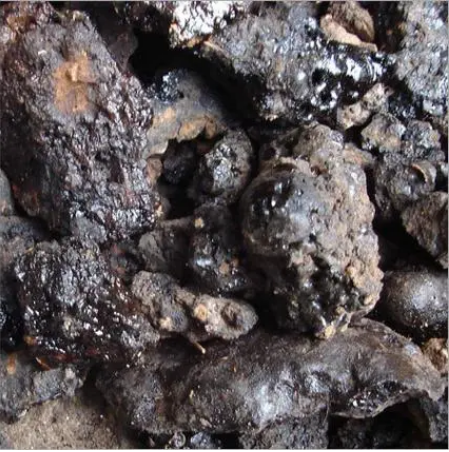
Can Dogs Eat Shilajit?
The short answer is not recommended. Shilajit is an organic-mineral product of predominantly biological origin, formed in the mountains. While shilajit is beneficial for humans, its effects on dogs are not well-studied. The composition of shilajit can be too potent for dogs, and certain compounds may even be harmful.
What is Shilajit?
Shilajit is a natural resinous substance found primarily in the Himalayas and other mountain ranges. It is formed from the decomposition of plant material over centuries, compressed by layers of rock. Rich in minerals, vitamins, and fulvic acid, shilajit is renowned in traditional medicine, particularly in Ayurveda, for its potential health benefits. It is believed to enhance energy, improve cognitive function, support immune health, and promote overall vitality. Mumijo is often consumed as a supplement, usually in powdered or resin form, and is valued for its adaptogenic properties, helping the body adapt to stress and maintain balance.

Shilajit Active Ingredients
Shilajit contains several active ingredients that contribute to its health benefits, including:
- Fulvic Acid: A key component that aids in nutrient absorption and has antioxidant properties.
- Humic Acid: Supports digestive health and has anti-inflammatory effects.
- Minerals: Rich in essential minerals like iron, zinc, magnesium, and potassium, which are vital for various bodily functions.
- Dibenzo-alpha-pyrones: Compounds thought to have antioxidant and neuroprotective properties.
- Amino Acids: Building blocks of proteins that play roles in muscle repair and overall metabolism.
Can Dogs Eat Shilajit?
No, shilajit is not recommended for dogs. While it has various health benefits for humans, its safety and effects on dogs are not well-studied. The active compounds in shilajit might not be suitable for pets and could potentially cause adverse reactions. If you’re considering supplements for your dog, it’s best to consult a veterinarian to find safe and appropriate options tailored to their needs.
Reasons to Avoid Shilajit for Dogs:
Lack of Research: There is insufficient research on the effects of mumlayi on dogs. Most studies focus on its benefits for humans.
Potential Toxicity: Shilajit can contain heavy metals and other contaminants, which may pose serious health risks to dogs.
Digestive Issues: Dogs have different digestive systems than humans. Introducing shilajit could lead to gastrointestinal upset, including vomiting or diarrhea.
Allergic Reactions: Just like humans, dogs can have allergic reactions to new substances. The reaction to mumie could vary among individual dogs.

Safe AlternatiAre There Safe Alternatives?
If you’re looking for natural supplements to boost your dog’s health, consider the following options:
- Fish Oil: Rich in omega-3 fatty acids, fish oil supports joint health and promotes a shiny coat.
- Turmeric: Known for its anti-inflammatory properties, turmeric can aid in joint health and overall wellness.
- Probiotics: These can improve gut health and digestion in dogs.
- Glucosamine and Chondroitin: Great for joint support, especially in older dogs.
- Cordyceps Militaris: Help boost immune regulation in dogs and cats when added to pet food.
- Pumpkin Seed: Pumpkin seed can promote digestion and resist parasites in pets.
Conclusion
While shilajit may offer numerous benefits for humans, it is best avoided for dogs due to potential risks and the lack of research on its effects. Always consult your veterinarian before introducing any new supplement into your dog’s diet. They can provide guidance on safe and effective options tailored to your dog’s specific health needs.
Reference
https://pmc.ncbi.nlm.nih.gov/articles/PMC3296184
https://en.wikipedia.org/wiki/Shilajit













